25 books that will stick with you and blow your mind
These books' exploration of politics, history, and the human condition are so insightful, they've withstood the test of time
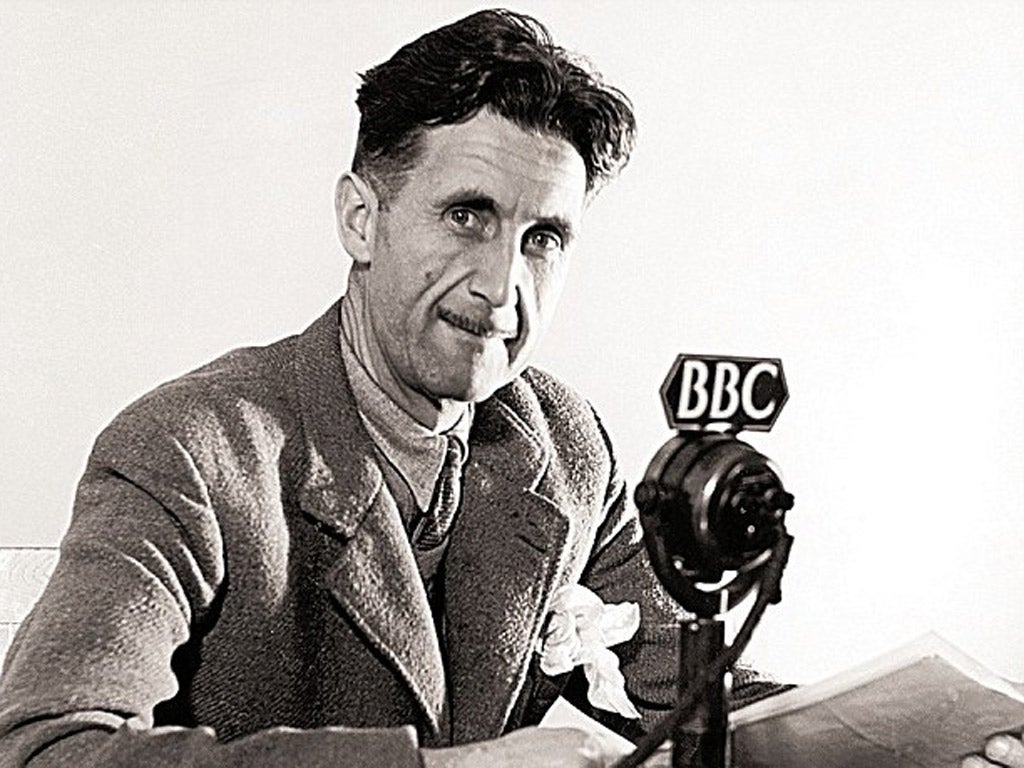
Your support helps us to tell the story
From reproductive rights to climate change to Big Tech, The Independent is on the ground when the story is developing. Whether it's investigating the financials of Elon Musk's pro-Trump PAC or producing our latest documentary, 'The A Word', which shines a light on the American women fighting for reproductive rights, we know how important it is to parse out the facts from the messaging.
At such a critical moment in US history, we need reporters on the ground. Your donation allows us to keep sending journalists to speak to both sides of the story.
The Independent is trusted by Americans across the entire political spectrum. And unlike many other quality news outlets, we choose not to lock Americans out of our reporting and analysis with paywalls. We believe quality journalism should be available to everyone, paid for by those who can afford it.
Your support makes all the difference.The best books have the potential to stick with you long after you've finished them. Some can even affect how you look at the world.
We've put together a list of 25 such books — taking inspiration from Amazon's list of 100 books to read in your lifetime, recommendations from Goodreads users, as well as some of our own personal favorites.
These books' exploration of politics, history, and the human condition are so insightful, they've withstood the test of time.
The next time you're looking for a riveting read, consider picking up one of these 25 mind-blowing books.
“1984” by George Orwell
First published in 1949, George Orwell’s account of a chilling future is a timeless read.
His book is where the idea of Big Brother originated, and his messages of a restrictive government remain as insightful today as they did when they were originally written more than 60 years ago.
Orwell presents readers with a vision of a haunting world that remains captivating from the beginning to end.
“Brave New World” by Aldous Huxley
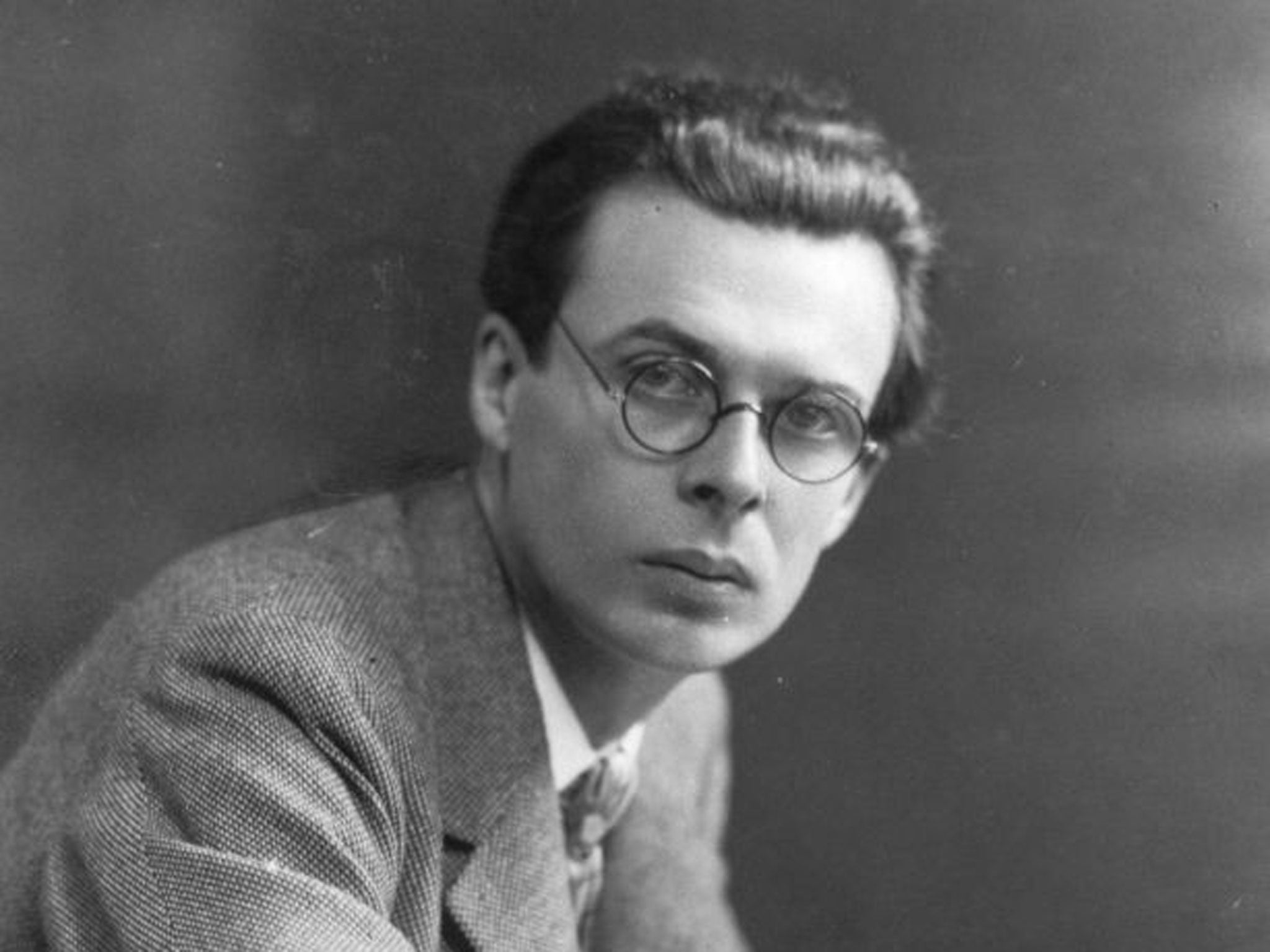
Huxley's masterpiece is a powerful work of speculative fiction where “World Controllers” create the ideal society.
While most society members are content with a world where genetic engineering, brainwashing, and recreational pleasures meet all their needs, one newcomer longs to break free.
Huxley's enthralling tale takes readers through a frightening and thought-provoking take on society.
“Frankenstein” by Mary Shelley
“Frankentein” tells the story of Victor Frankenstein, a doctor who brings a creature to life, only to recoil at how hideous it is.
Left tormented and in isolation, the innocent creature turns on his creator in this eloquent Gothic thriller, which touches the hearts of readers with its messages of the dangers of science and human judgment.
“The Trial” by Franz Kafka
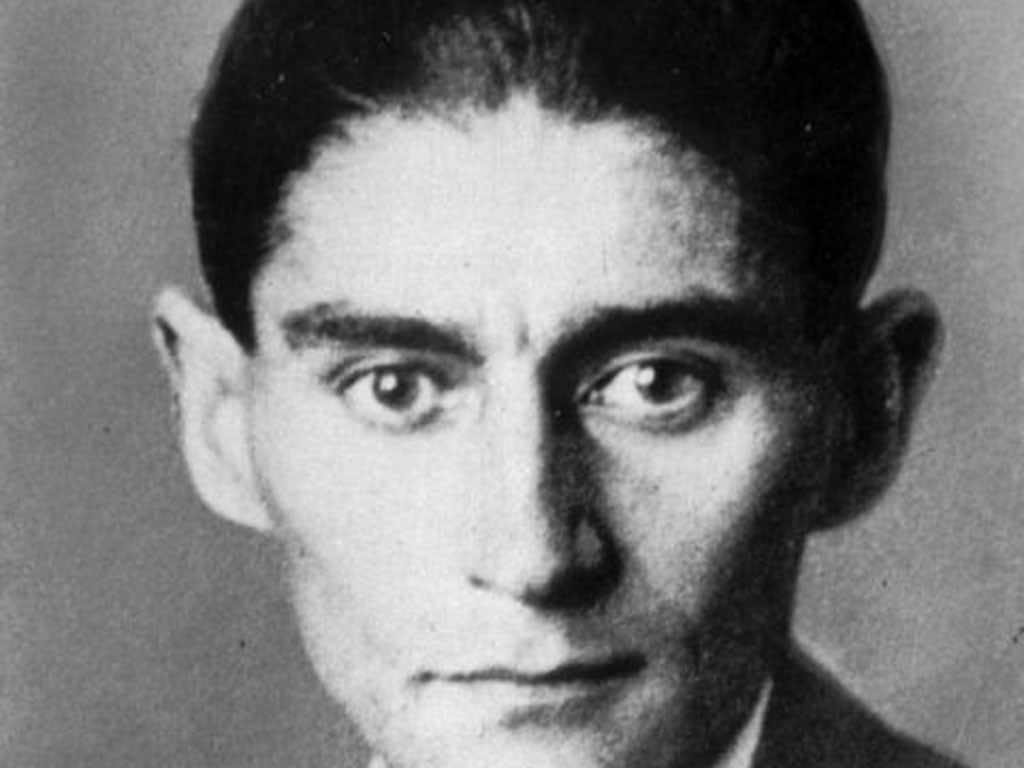
Written in 1914 and published in 1925, a year after Kafka's death, “The Trial” tells the terrifying tale of Josef K., a bank officer who is arrested and finds himself having to defend charges that he struggles to get information on.
While Kafka had intended for the story to be burned after his death, his friend Max Brod pressed forward to prepare it for publication.
“Neuromancer” by William Gibson
“Neuromancer” was the first winner of the science-fiction “triple crown” — the Nebunal Award, the Philip K. Dick Award, and the Hugo Award.
In the book, the Matrix is world within a world: the representation of every byte of data in cyberspace.
When the sharpest data-thief in the business is called to target the powerful artificial intelligence orbiting Earth, he embarks on the adventure of a lifetime.
“The Things They Carried” by Tim O'Brien

“The Things They Carried” is a groundbreaking meditation on war, memory, imagination, and the power of storytelling.
O'Brien uses plenty of metaphors to weave together a profound study of men at war, inspired by his experiences in the Vietnam War from 1969 to 1970.
With characters that are semiautobiographical, O'Brien creates a style that blurs fiction and nonfiction.
“Slaughterhouse Five” by Kurt Vonnegut
Dubbed one of the world's greatest antiwar books, “Slaughterhouse Five” tells the story of the bombing of Dresden through the eyes of Billy Pilgrim, a man who is abducted by aliens.
The book weaves through the phases of Pilgrim's life, displaying his and Vonnegut's heartbreaking experiences as an American prisoner of war.
An intriguing story in itself, its basis in tragic fact gives it a poignancy that makes it all the more powerful of a read.
“Fahrenheit 451” by Ray Bradbury
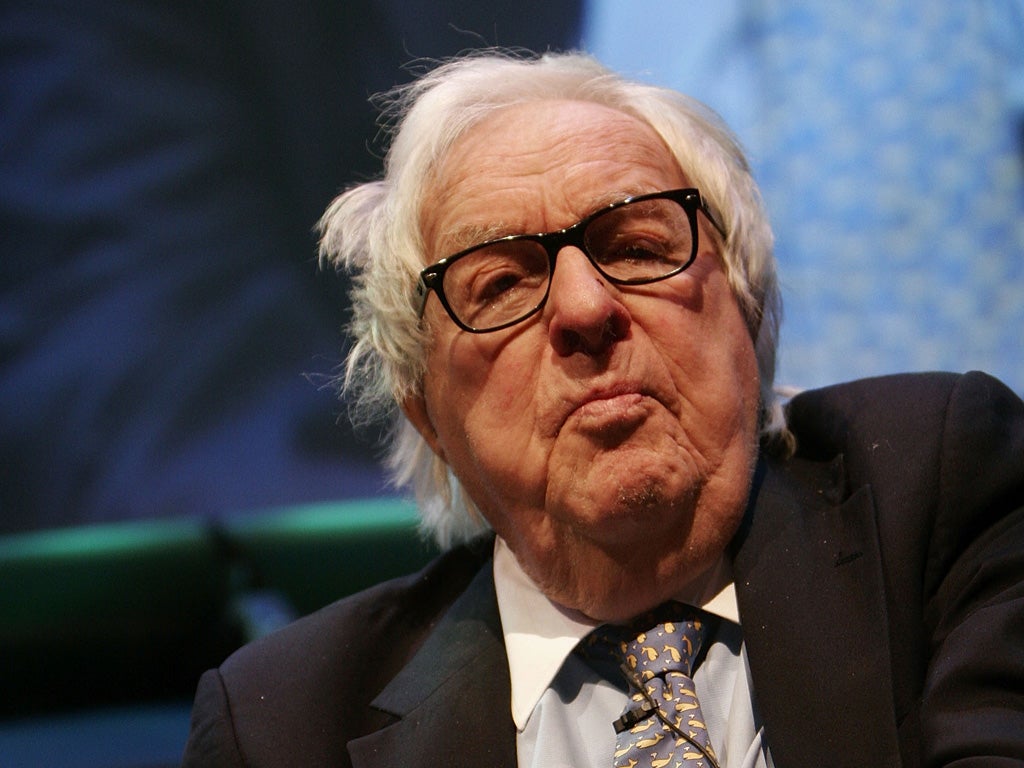
A frighteningly prophetic novel, “Fahrenheit 451” is set in a dystopian future where there are no books.
For the protagonist, Montag, it all seems normal — until the day he gets a glimpse of the past.
With a riveting plot and solid characters, the book draws readers into its imagined world.
“A Confederacy of Dunces” by John Kennedy Toole
“A Confederacy of Dunces” was published 11 years after Toole committed suicide.
Ignatius J. Reilly is a 30-year-old man living with his mother in New Orleans, who comes into contact with many French Quarter characters while searching for employment.
Though comical, there is a deep streak of melancholy that runs through Reilly's character, and Toole's ability to beautifully combine these two aspects won him the Pulitzer Prize for fiction in 1981.
“In Cold Blood” by Truman Capote
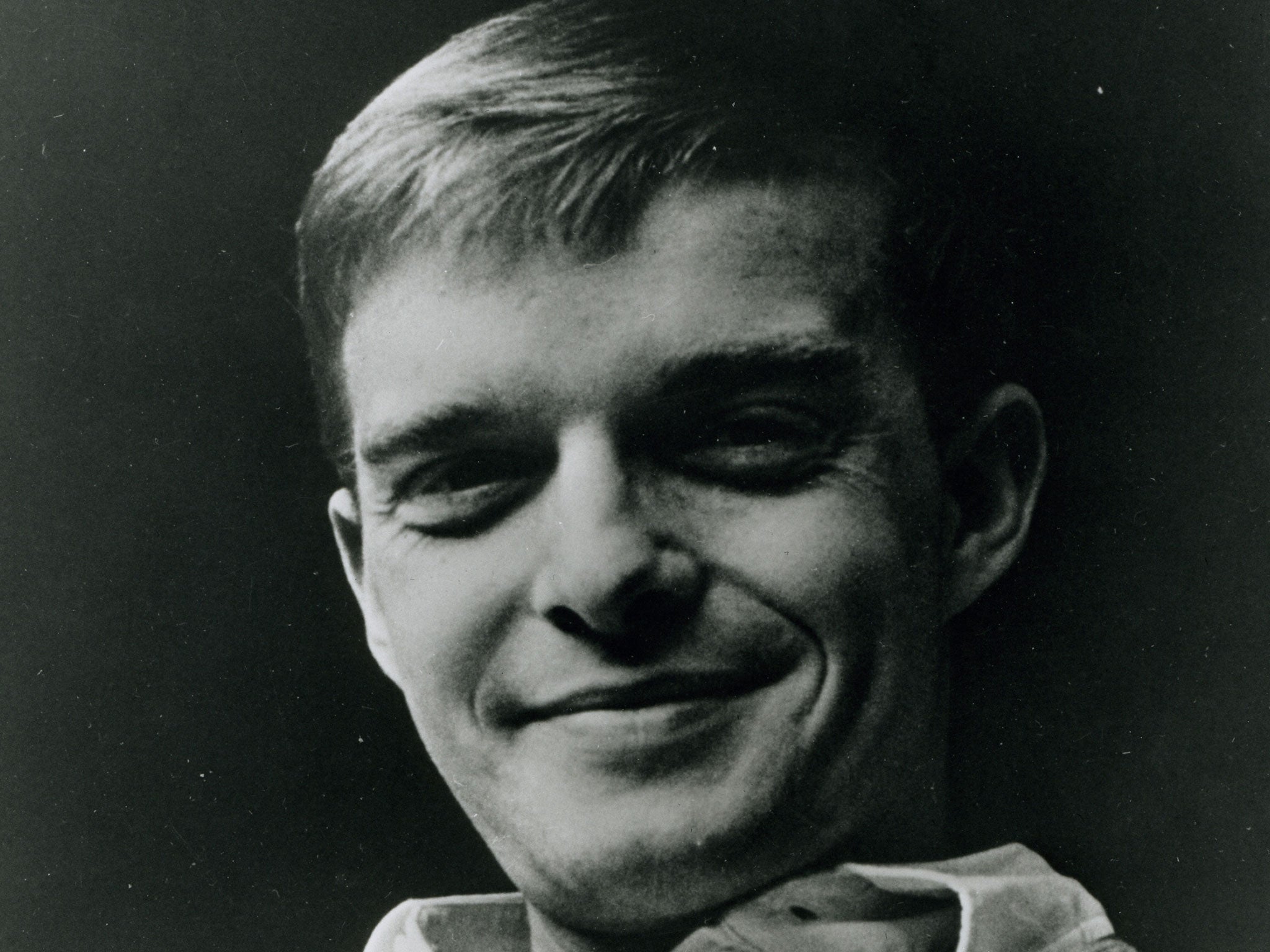
“In Cold Blood” details the 1959 murders of four members from the Clutter family in Holcomb, Kansas.
With no apparent motive for the crime and barely any clues, Capote interviewed local residents and investigators to put together the groundbreaking story.
His work is praised for its eloquent prose, immense detail, and layered narratives.
“Lord of the Flies” by William Golding
“Lord of the Flies” became a bestseller and required reading in grade schools and universities back in the '60s. The novel recounts the journey of a group of small boys stranded on a coral island.
Once troubles arise, brutal portraits of human nature start to emerge.
The book has been controversial over the years and is listed as No. 8 on the American Library Association's list of frequently banned classics.
“The Alchemist” by Paulo Coelho
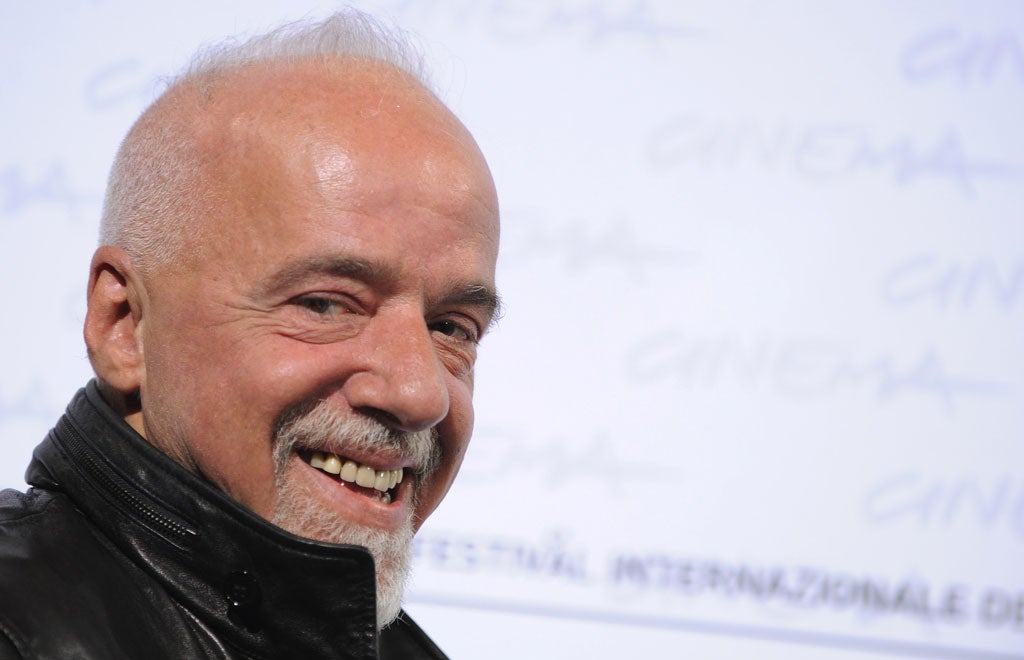
An inspiring tale of self-discovery, “The Alchemist” tells the story of an Andalusian shepherd boy who wants to find worldly treasures.
His desire leads him to riches he could have never imagined.
A motivational account of how following one's dreams can lead to the discovery of great wonders, “The Alchemist” is an enchanting read filled with wisdom.
“Tuesdays with Morrie” by Mitch Albom
“Tuesdays with Morrie” is the touching story about Mitch Albom and his mentor, Morrie Schwartz.
Many of us might have lost track of our mentors, as Mitch did, with their insights slowly fading into memory. When Mitch gets a second chance to meet his mentor in the last few months of the man's life, he begins to visit him every Tuesday.
The two rekindle their relationship as they discuss life lessons, which he finds will make a world of a difference in his own life.
“The Picture of Dorian Gray” by Oscar Wilde
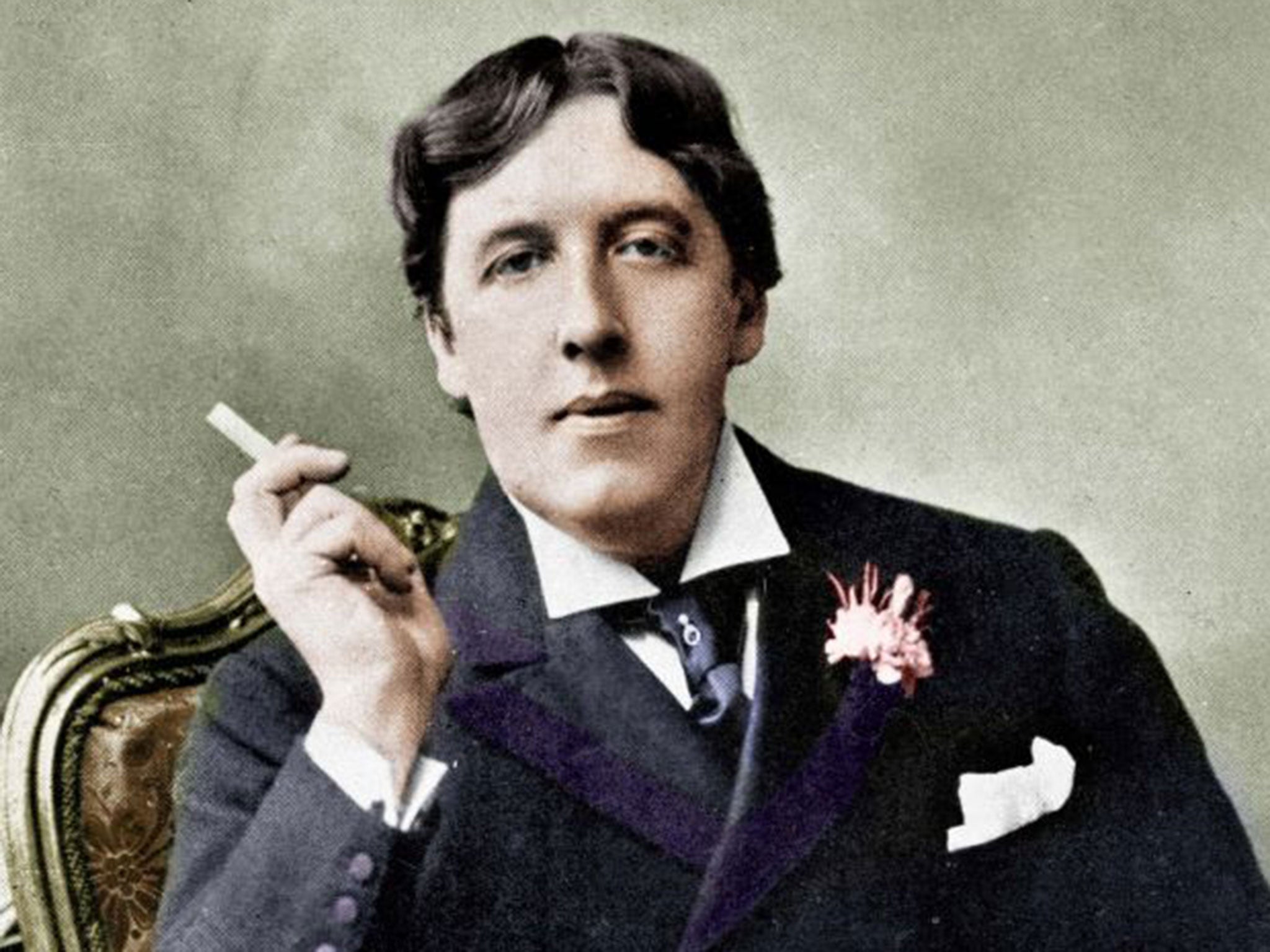
Wilde's philosophical novel was originally published as a serial story in the July 1890 issue of Lippincott's Monthly Magazine, but as editors feared the story was improper, they deleted 500 words before its publication.
In response, Wilde revised and expanded the magazine edition, publishing it as a novel.
The story is the tale of a man who sells his soul for eternal youth and beauty. Though the book has caused scandals since its first appearance in 1890, it remains a powerful read today.
“A Clockwork Orange” by Anthony Burgess
Burgess' 1960s classic is a nightmare vision of a future filled with criminals who roam the streets after dark.
A frightening tale about good and evil and what it means to be free as humans, “A Clockwork Orange” is told through the central character, Alex, who recounts his violent encounters with state authorities who are intent on reforming him.
The book was later adapted in a film by Stanley Kubrick, which was first released in 1971.
“Thinking Fast and Slow” by Daniel Kahneman
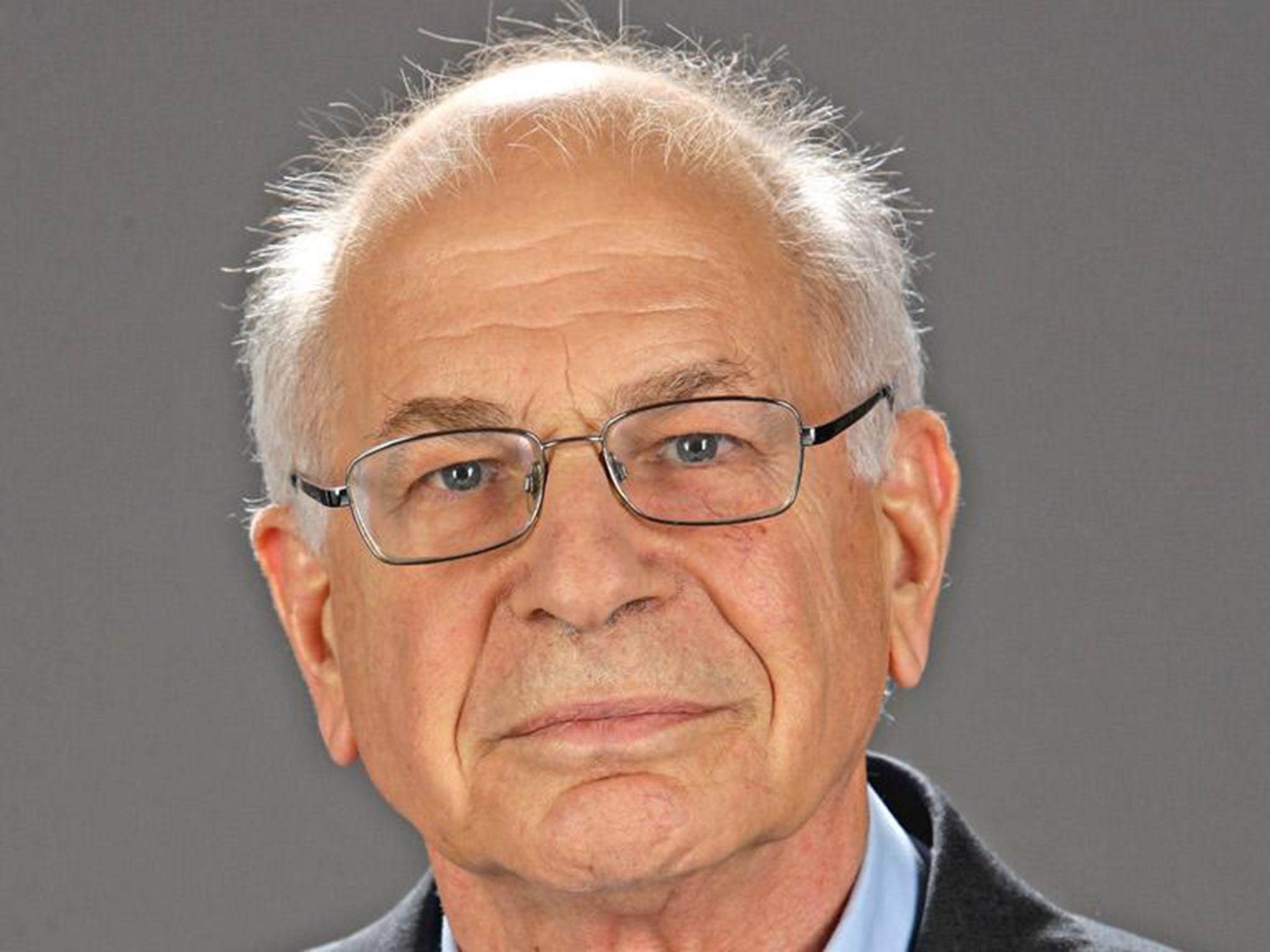
Kahneman used decades of psychology research to construct “Thinking Fast and Slow,” which won a Nobel Prize in Economic Sciences.
Delving into the two systems that drive the way we think — System 1, which is fast and emotional, and System 2, which is slower and more logical — Kahneman exposes the faults and biases of certain thought processes.
The book challenges readers to consider how they think, including monitoring their reactions, judgments, and choices.
“The Name of the Rose” by Umberto Eco
Umberto Eco's first novel quickly became an international sensation, selling 50 million copies worldwide.
Set in 1327, the book tells the story of Franciscans in a wealthy Italian abbey who become suspects of heresy and of Brother William of Baskerville, who is sent to investigate.
Baskerville uses the logic of Aristotle, theology of Aquinas, and the insights of Roger Bacon to decipher secret symbols and manuscripts.
“The Stranger” by Albert Camus
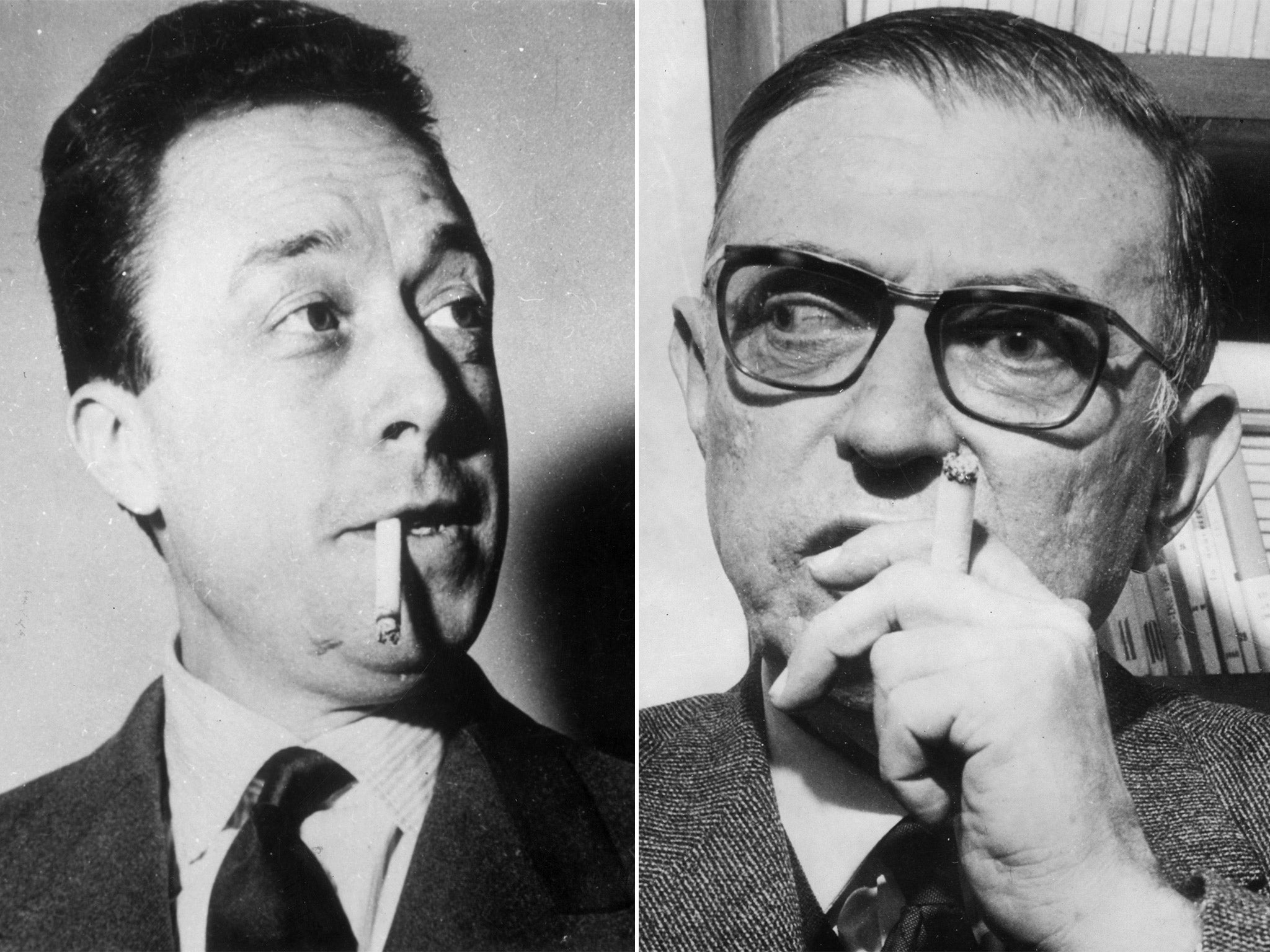
“The Stranger” explores what Camus termed “the nakedness of man faced with the absurd” through the story of a man who is drawn into a murder.
The haunting and challenging work delves into the complex concepts that resonate within existential philosophy, exploring themes of alienation, fear of anonymity, spiritual doubt, and the qualities that lie behind one's character.
“Outliers” by Malcolm Gladwell
Malcolm Gladwell explores the world of “outliers” — the world's brightest, most successful, and most famous people, and questions what makes these high-achievers different from others.
Along the way, his answer becomes that we pay too little attention to successful people's upbringing. He explains everything from the fascinating secrets of some of software's billionaires to the qualities that made the Beatles so iconic.
Buy the book here »
“Ender's Game” by Orson Scott Card

In Orson Scott Card's militarized science-fiction universe, children are trained as soldiers in a series of games to prepare for future attacks from insect-like aliens.
One child in particular, Ender Wiggin, becomes the tactical genius of the group as the story unfolds.
Ender suffers greatly from the isolation, rivalry, pressure, and fear that are present in this artificial community of young soldiers.
“Catch 22” by Joseph Heller
Heller's classic tale centers on the loss of faith that comes with the rise of bureaucratic power.
Set in Italy during World War II, bombardier Yossarian is a hero under attack. As his army continues to increase, Yossarian finds himself in a bind.
If he attempts to leave from the missions he's assigned, he'll be in violation of a sinister bureaucratic rule called Catch-22. Readers are left at the edge of their seats.
“Animal Farm” by George Orwell
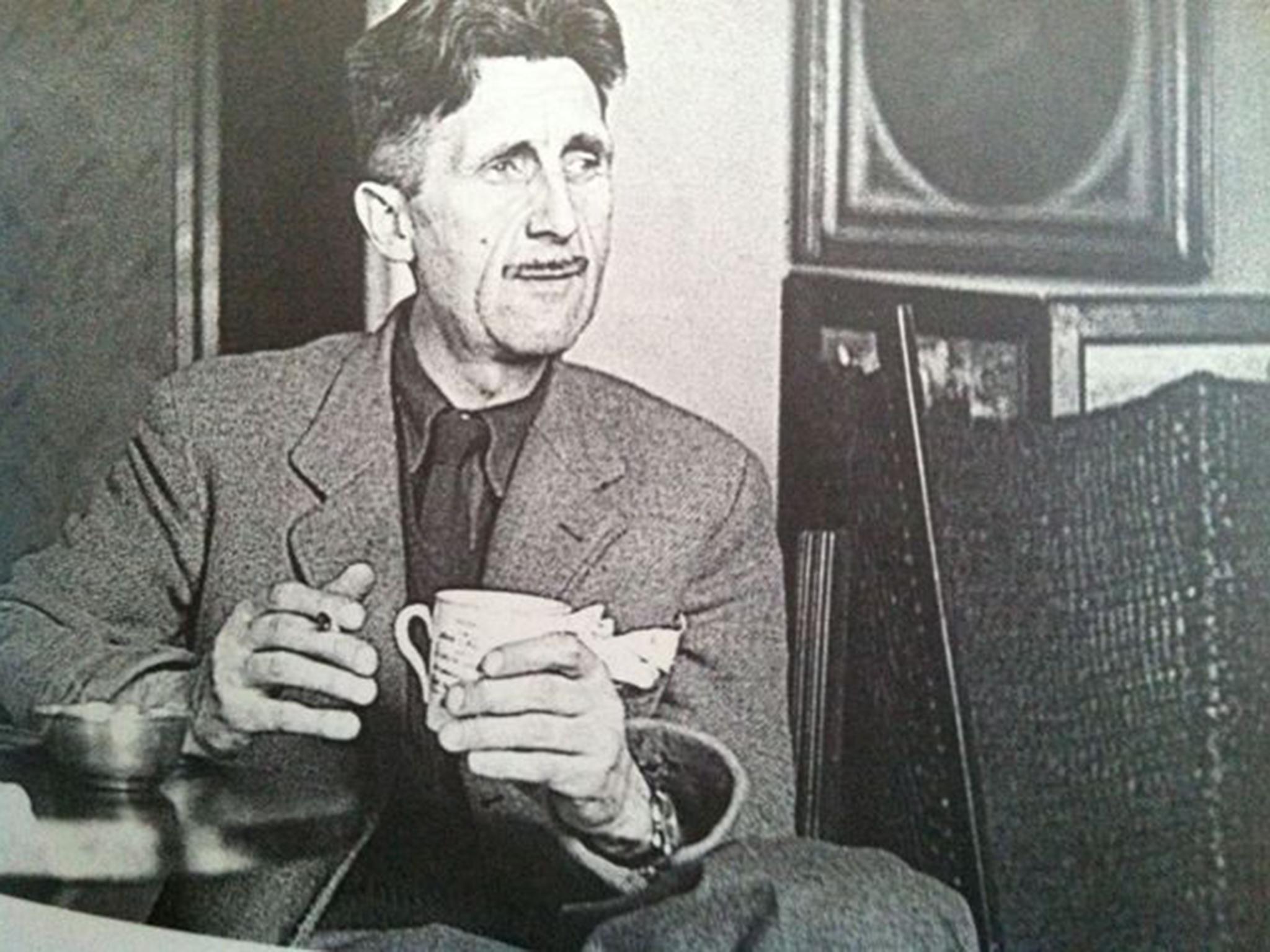
Another book by Orwell, “Animal Farm” is a brilliant political satire on corrupted ideals, revolutions, and class conflicts that stretch back to the Stalin era of the Soviet Union.
Fed up with their human masters, farm animals rise in rebellion and take over, but as time goes on, they realize things aren't going the way they expected.
While seemingly a simple story of farm animals, the tale is actually a much deeper political commentary.
“Moonwalking with Einstein: The Art and Science of Remembering Everything” by Joshua Foer
“Moonwalking with Einstein” recounts Foer's yearlong journey to improve his memory. He draws on cutting-edge research, cultural histories, and tricks from mentalists.
He learns ancient techniques used by medieval scholars to memorize entire books and employs largely forgotten methods to discover the potential to dramatically improve memory.
A riveting work of journalism, the book reminds us of how much our memories influence us.
“Watchmen” by Alan Moore and Dave Gibbons (Illustrator)

“Watchmen” is considered by many to be the greatest graphic novel in history.
The Hugo Award-winning story details the fall from grace of several superheroes.
Often considered the gateway title to other graphic novels like “V for Vendetta” and “Batman: The Dark Knight Returns,” the series dissects the entire concept of the superhero in a way that sticks with readers for years.
“Flowers for Algernon” by Daniel Keys
A timeless tearjerker, “Flowers for Algernon” examines the treatment of mentally disabled individuals and how one's past can influence the future.
Charles Gordon has an intellectual disability and is chosen to participate in an experiment that could help boost his intelligence, but has only been tried on animals so far.
As he volunteers to be the first human subject early on, the effects of the experiment begin to show. Still, getting smarter comes with its own set of surprises.
Read more:
• The London Stock Exchange and Deutsche Boerse set up an EU referendum committee
• Doctors just performed the first uterus transplant in the US
• The 10 best Leonardo DiCaprio movies, ranked
Read the original article on Business Insider UK. © 2015. Follow Business Insider UK on Twitter.
Join our commenting forum
Join thought-provoking conversations, follow other Independent readers and see their replies
Comments